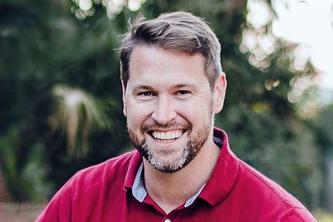
As the age of autonomous vehicles (AVs) approaches, policymakers are beginning to plan for the impacts which could improve or harm social equity for disadvantaged groups.
In a new study published in Transportation Research Interdisciplinary Perspectives, Professor Jason Cao; researcher Frank Douma, and urban and regional planning alumna Katie Emory; all at the Humphrey School of Public Affairs, explored:
- Trends and opportunities in the policy landscape pertinent to AVs in the U.S.
- How these policies may influence AV deployment.
- How deployment will affect the elderly, low-income groups, people living in rural areas and other transportation-disadvantaged populations.
Through a review of academic and grey literature and keyword searches using search terms such as “autonomous” and “vehicle,” Cao and Douma outline the importance of policy in shaping the way new technology is established, while also noting areas where more policy work is needed.
Findings include:
- Policymakers are beginning to plan for the potential equity impacts of AVs, but more opportunities remain for developing policies that will ensure the most equitable outcomes.
- Policies addressing shared AVs and the economic impacts of AVs were somewhat common at the local and state levels, as were policy recommendations provided by nonprofit organizations.
- Few policies would support deployment of AVs in ways that address interpersonal security in the shared setting, nor the transportation needs of low-income people, people of color or rural residents.
“Governments should ’dream big’ as they formulate equity visions for a world with AVs, and then tailor the policies to specifically meet their unique needs—consider demographics, land use, transportation infrastructure and economy,” said Douma.
This study was funded by the National Science Foundation.
-30-
About the Humphrey School of Public Affairs
The Humphrey School of Public Affairs at the University of Minnesota is ranked as one of the country’s top professional public policy and planning schools. The School is long noted for equipping students to play key roles in public life at the local, state, national and global levels and offers six distinctive master’s degrees, a doctoral degree, and six certificate programs. Learn more at hhh.umn.edu.
- Categories:
- Law and Policy
- Planning




